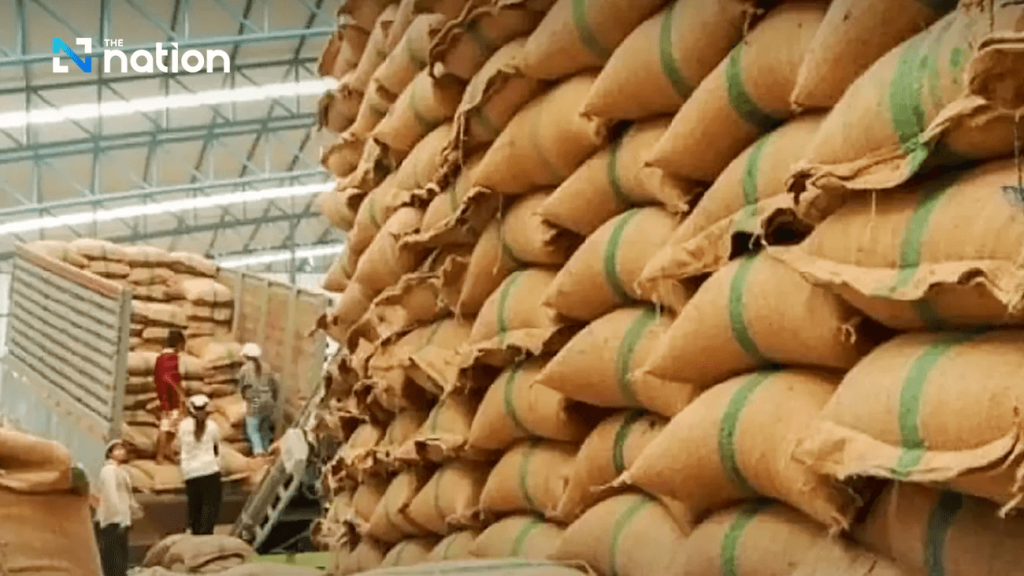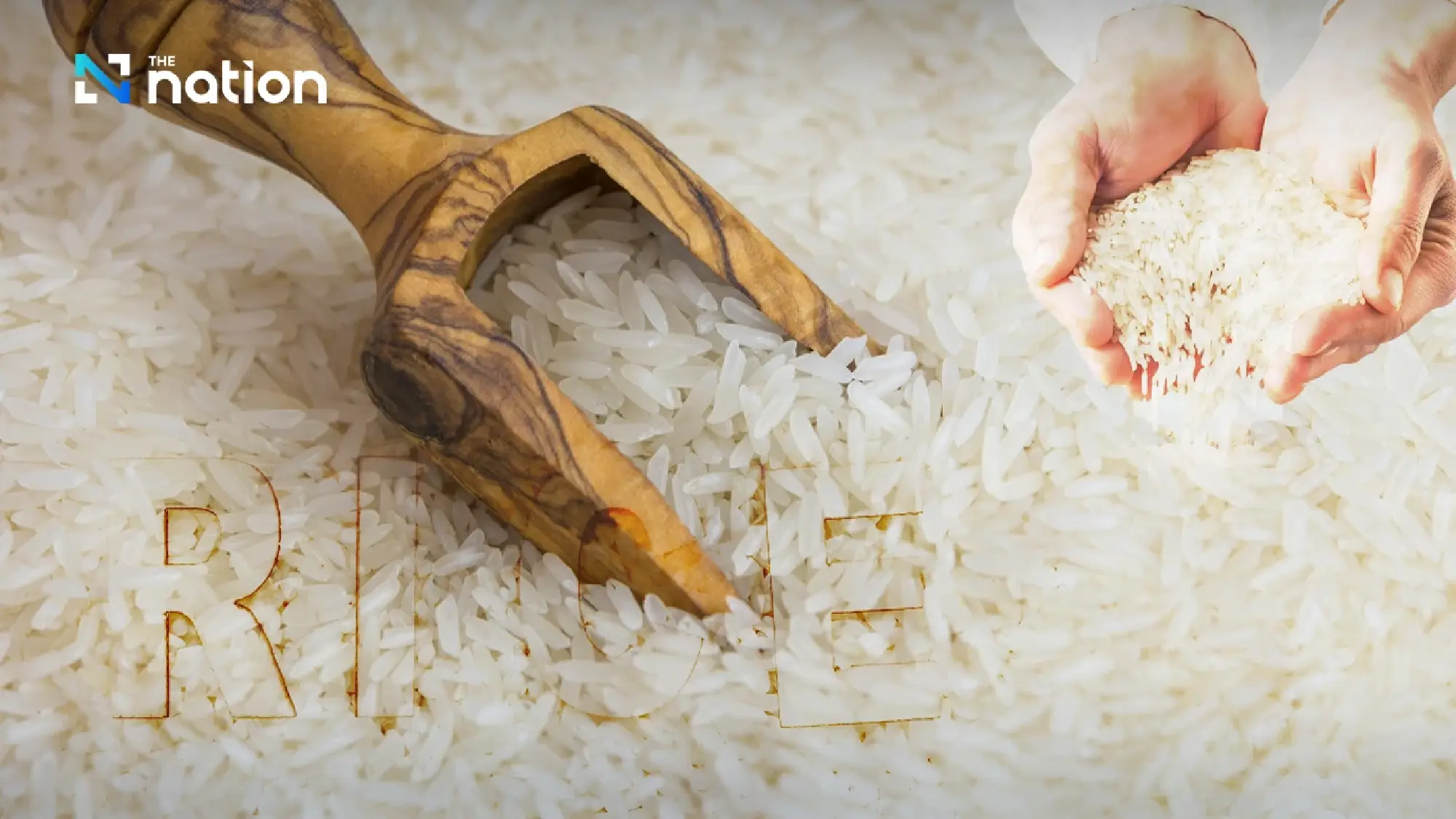Tags
DFT leads Thai rice exporters to Japan to boost trade relations

The Department of Foreign Trade (DFT) is set to lead a delegation of public and private sector representatives to Japan to strengthen rice trade relations and maintain Thailand’s market share.
Arada Fuangtong, director-general of the DFT, said that from September 7 to 11 the ministry would bring Thai rice exporters to Tokyo to meet Japanese government agencies and private companies involved in the rice sector. The visit aims to reinforce trade ties and safeguard Thailand’s rice market share in Japan.
The mission follows the Commerce Ministry’s policy instructing the DFT to maintain Thailand’s rice exports to Japan at around 300,000 tonnes annually.
 Arada Fuangtong, director-general of the DFT
Arada Fuangtong, director-general of the DFT
Japan is both a major producer and importer of rice, with annual production of 7.28–7.64 million tonnes but demand exceeding 8 million tonnes. The country imports around 700,000 tonnes of rice each year, mainly from Thailand, the United States, Australia and China.
In 2025, Japan has already imported about 402,157 tonnes, up 9.15% year-on-year, with the US the largest supplier, followed by Thailand, Australia and China.
Thailand exports between 257,000 and 336,000 tonnes of rice to Japan annually, accounting for 37–45% of Japan’s rice imports. In the first eight months of 2025, Thailand shipped about 148,000 tonnes, a 19.36% drop from the same period last year, largely due to Japanese consumers’ preference for short-grain Japonica rice.
However, domestic production in Japan has been insufficient to meet demand, requiring imports of short- and medium-grain rice.

Thai rice exports to Japan consist mainly of long-grain varieties, including white rice, glutinous rice, and jasmine rice. Around 90% is used in Japan’s food industry particularly for sake brewing and snack production because of its recognised quality and standards.
The remaining 10% is consumed by households and restaurants, with Thai jasmine rice especially valued for its softness, aroma and unique flavour.
“The visit to Japan is not only to reinforce rice trade relations but also to help maintain Thailand’s market share and promote further growth of Thai rice exports,” Arada said.
The delegation will meet Japan’s Ministry of Agriculture, Forestry and Fisheries (MAFF), which regulates rice imports and oversees auction processes, as well as the Overseas Merchandise Inspection Company (OMIC), which inspects rice quality.
They will also hold talks with leading Japanese importers including Kitoku Shinryo, ITOCHU Food Sales and Marketing, and Kanematsu Corporation, along with major rice-processing plants. These stakeholders play a key role in Japan’s rice trade and have long maintained strong relations with Thailand.
https://www.nationthailand.com/business/economy/40055135Published Date: September 8, 2025






